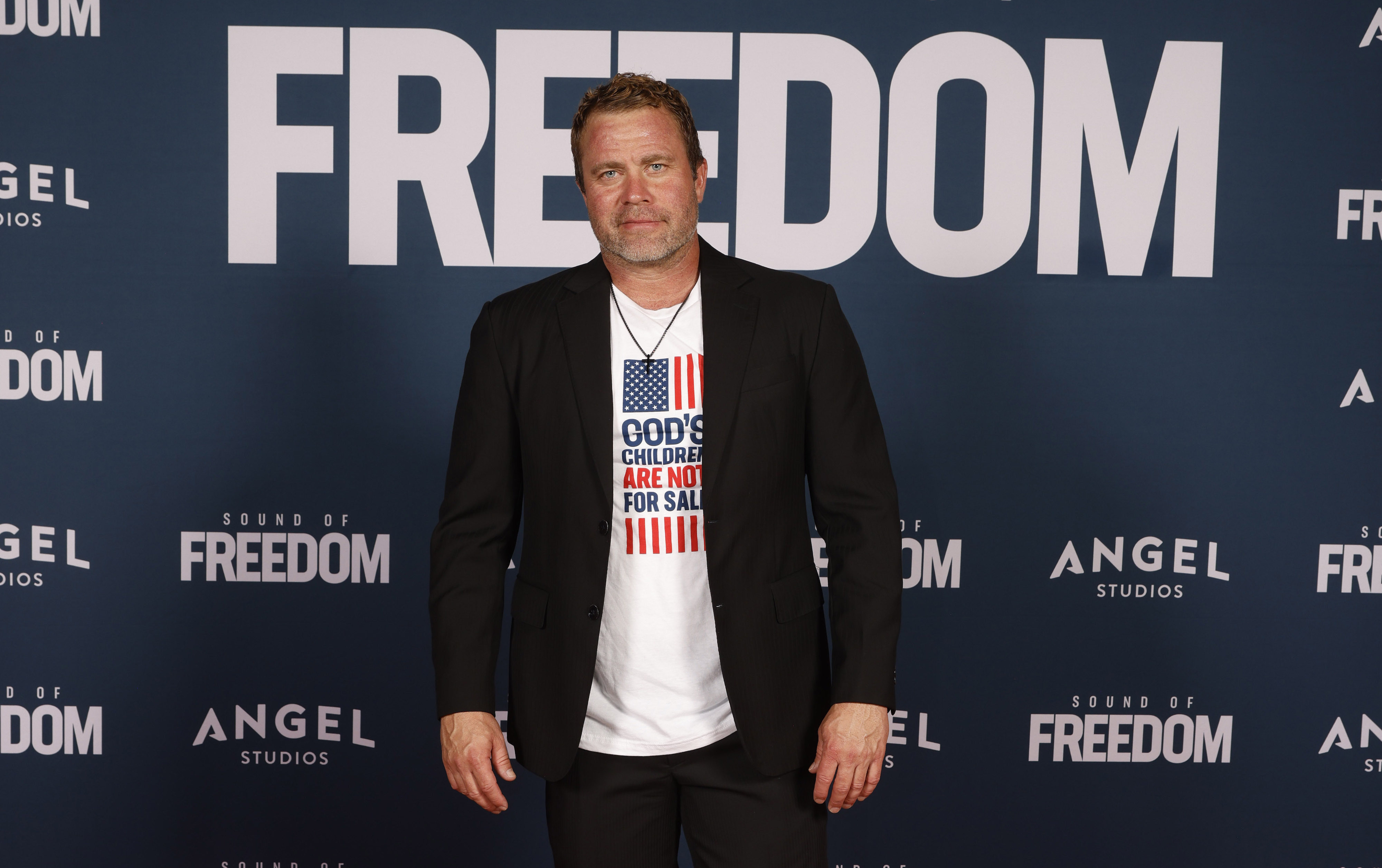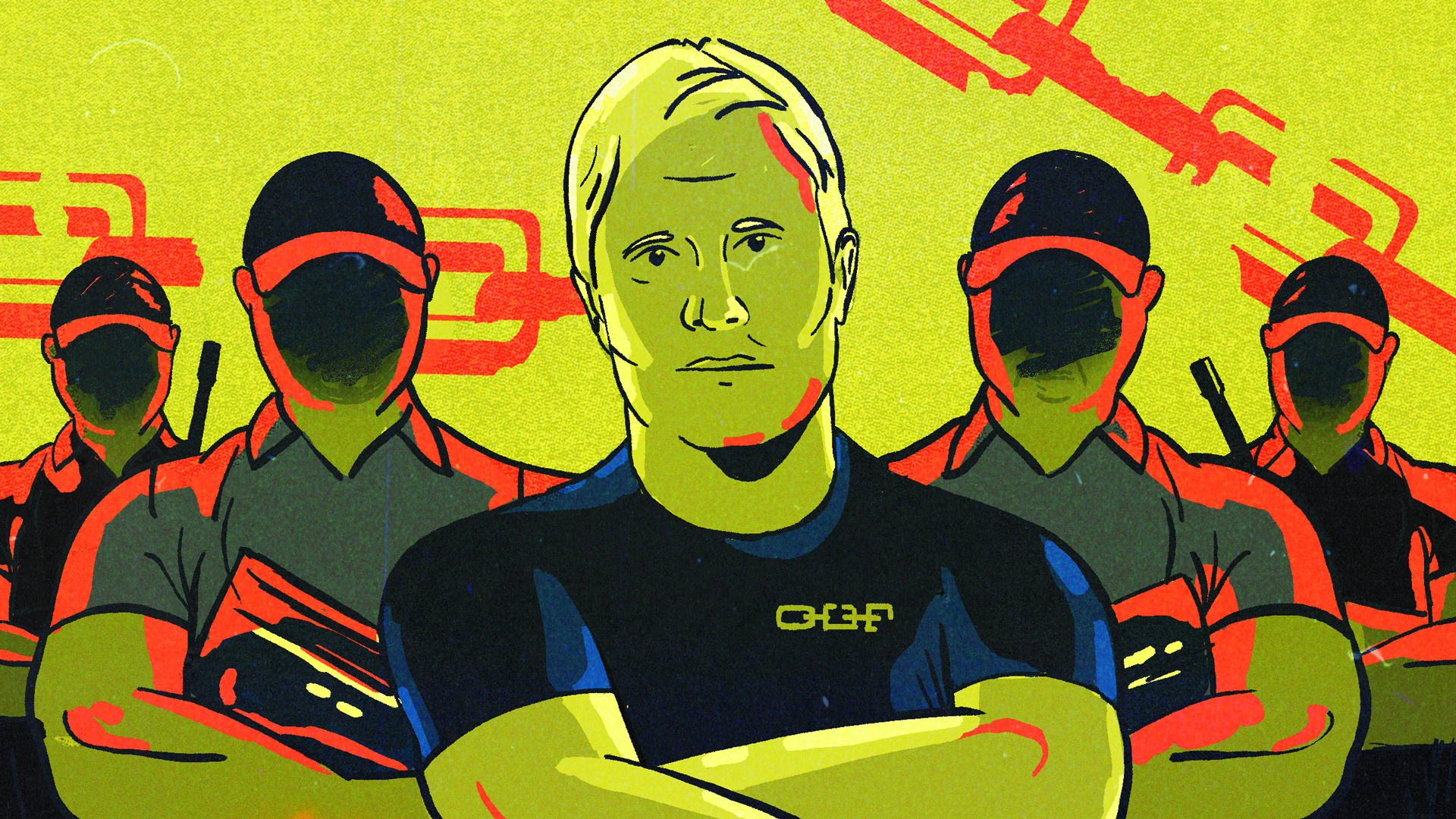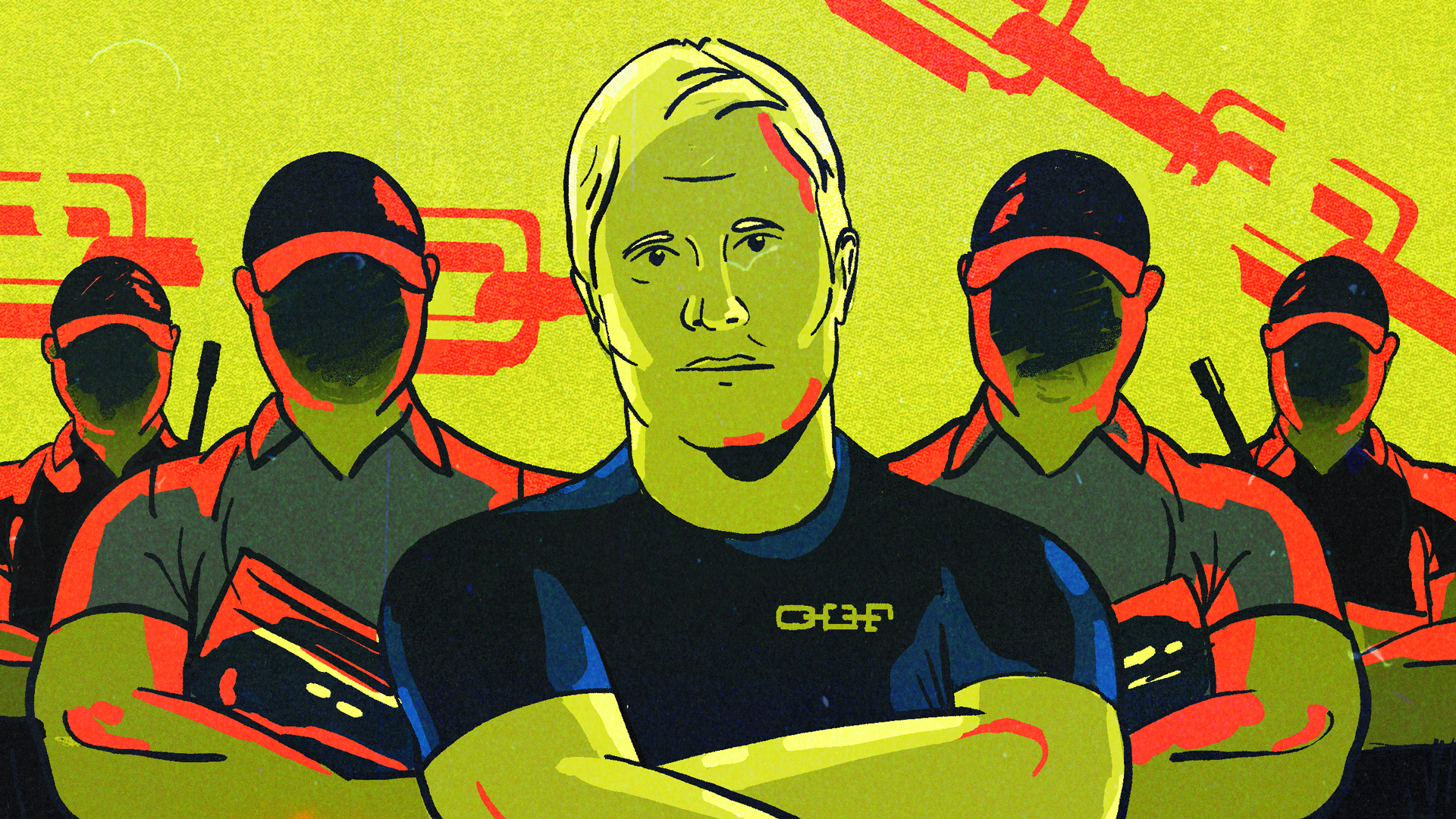Contrary to what is shown in this film, most child trafficking victims know and trust their traffickers. They are not kidnapped by shadowy strangers off street corners. A Baylor University study found that
less than 10% of child trafficking cases involved kidnapping.
By highlighting false narratives and reinforcing inaccurate stereotypes, we condition ourselves to be on high alert for things like windowless vans, failing to notice actual signs of exploitation. In doing so, we may miss the economically and socially vulnerable young person lured into trafficking by offers of meals, gifts, shelter or simple companionship.
Moreover, while movies like this heighten our anxiety about perceived threats to children in public spaces, we may unwittingly ignore the online dangers young people face.
In addition to problematic depictions of child trafficking, it is also troubling how "Sound of Freedom" glorifies rescue missions, disregarding decades of research and experience showing that international sting operations are dangerous, sometimes illegal, often unethical, and fail to dismantle or discourage human trafficking. While rescues and raids make for an action-packed movie, they are far from the
preferred response to any kind of human trafficking.










